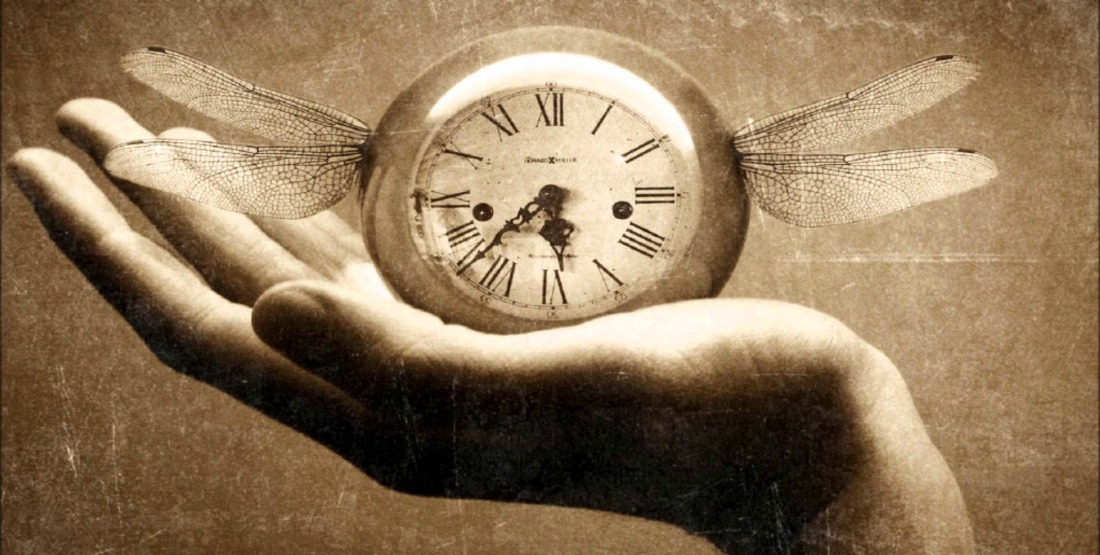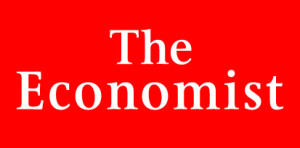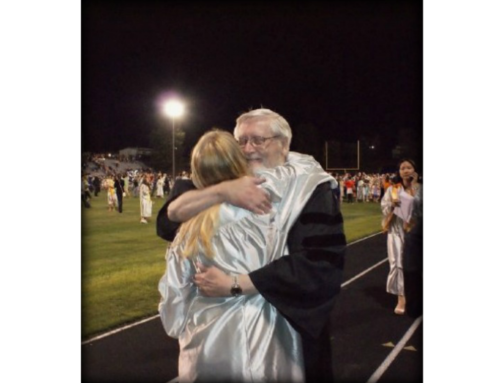Where does it all go? This is a question I suspect many people ask themselves as they get a little older. It’s certainly something I’ve been asking myself.
There was a point, not very long ago, when the college rhythm of constant coursework and extracurricular commitments seemed about as tough as it could get. With the exception of the occasional superhuman, most folks approached undergrad like some giant juggling contest, where you couldn’t necessarily be sure of everything you had in the air at any given time. You could be fairly confident, however, that things would work out in the end.
The time after graduation – and entry into the working world – is different. You’re no longer in a bubble, where a few dropped balls and SNAFUs kind of come with the territory. Now, you’re playing for keeps. If you make a commitment, you better follow through, or have a damn good reason why you didn’t. If you follow through but half-ass it, the consequences can be even worse.
Now is also the first time you’re truly in charge of your schedule. You may have done your own laundry in college, but your time and commitments were still largely governed by by a preexisting structure. You selected classes and were given syllabi; you joined clubs and received a meetings calendar; you went out drinking on a Saturday and knew, generally, when and where your peers were going to be.
In the “real world,” what you should be doing any given moment is much less clear. There’s greater freedom and opportunity, certainly, but you must carve out each of these opportunities yourself. Consequently, for every thing you decide to do, there remains a nagging suspicion that you could be doing something better.
These two tensions – the need to fulfill your obligations and the heady freedom to determine what those obligations are – make you more and more conscious of opportunity cost. It’s these years after graduation that teach you how short of a time twenty-four hours really is, and that, no matter how good you are, there will always be more things you want to do than you can do.
Consider an example in one small portion of my own life. By consequence of living in Washington, DC and working in international relations, it’s important for me to read – a lot. But what to read? And how much of it?
I should be aware of the breaking news, certainly, but to what extent? Reactive journalism is typically repetitive and not very insightful, but it’s still smart to read a couple stories about a given event to ensure I don’t miss anything. Spend too much time doing so, however, and I waste time I could spend on more valuable pursuits. 99% of “breaking news” is unimportant and forgotten just a day later.
On the other end of the spectrum, I’d like to keep reading literature – smart and important writing utterly unrelated to what I do on a day-to-day basis. Keeping in touch with the literary classics pays its own dividends: it makes you a stronger writer and keeps you cognizant of just how unique and awesome life really is. But reading these texts is often tough and energy-intensive, typically coming at the point in the day where you’d rather shut off the brain and watch Netflix.
But there’s more! What about important nonfiction, useful for both broadening your understanding of the world and sharpening your own research (I’m working my way through a fantastic biography of T.E. Lawrence right now)? The latest policy studies and monographs, the sorts of things an aspiring student of international affairs should remain up-to-date on? Important longform journalism, features, and op eds, which tend to be the principle drivers of public dialogue? And what about just keeping up with The Economist on a weekly basis?
There is simply more content than there is time for. The trick, therefore, is figuring out how to focus in on the things that matter…while ensuring you don’t fall too hopelessly behind on anything else.
Generally speaking, this also seems to be the strategy required of a wholesome life. You should forge a career in a field you care about – but somehow do so without becoming a dead-eyed hack. You should determine what impact you want to have upon the world and drive relentlessly toward it. If you’re in my profession, you should also write, if you have the temperament, but do so both broadly (op eds) and deeply (well-sourced articles).
You should socialize often, with many people from many different walks of life, and strive to keep those relationships once you’ve built them. You should find interesting hobbies and maintain them, as well as travel and go on the occasional adventure. You should exercise hard and frequently, if nothing else then to burn off all the beer and bar food you had with the socializing.
You should keep aware of all of life’s little incidentals – doctor’s visits, laundry, grocery runs, financial management – that can fall on you all at once like an avalanche if you let them slip. Once you start a family, and I think most people are well served to eventually do so, they should become the cornerstone around which you base everything else.
And somewhere in there, you should sleep, 7-8 hours nightly. Your restfulness determines how you handle all of the above. You might be able to pull an all-nighter to power through an exam, but you can’t all-nighter yourself through a career.
If the purpose of undergrad was to introduce you to quasi-independent living, I think the next few years after is spent coming to grips with the sheer number of things the real world will require you to juggle, and figuring out effective systems with which to do so. This means establishing priorities, getting faster at everything, and finding your grit. In other words, the “getting your shit together” phase of life.
Historically, most of our biggest accomplishments will come within twenty years of graduation. The post-graduate limbo is part of this process. But the bigger test – and what will determine everything that comes next – is what path you take to move beyond it.





This is a wonderful piece contemplating the “great speed-up” as one transitions from student to “real life.” I appreciate your thoughtfulness. Of course I am a bit biased since the author was, once upon a time, one of my best students. But heck, even biased observers should get to comment on something good.
-Steven G. Blum